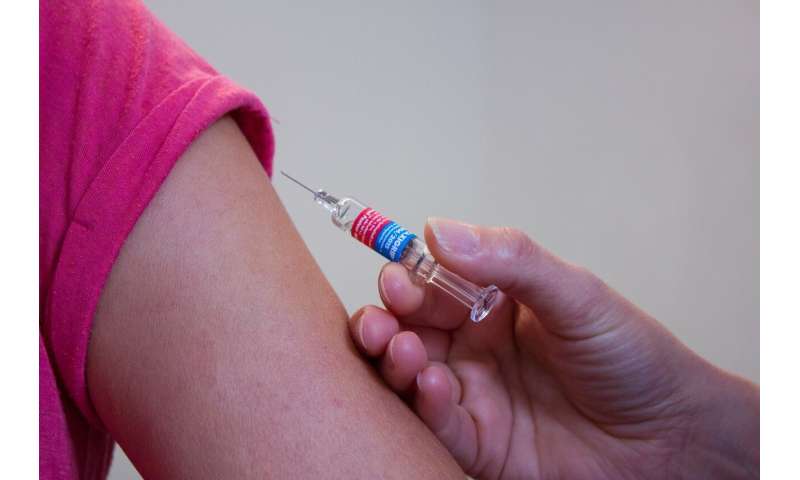
A tuberculosis vaccine administered during the past 15 years is associated with significantly improved COVID-19 outcomes, according to a new study published in Vaccines.
Dr. Nadav Rappoport of the Ben-Gurion University of the Negev (BGU) Department of Software and Information Systems Engineering collaborated with colleagues Danille Klinger, Ido Blass and Prof. Michal Linial from The Hebrew University of Jerusalem to analyze the correlation between the Bacille Calmette-Guérin (BCG) vaccine for tuberculosis and COVID-19 outcomes.
The researchers discovered that BCG regimes are associated with better COVID-19 outcomes, both in reducing infection rates and death rates per million, especially for ages 24 or younger who had received the vaccination in the last 15 years. There was no effect among older adults who had received the BCG vaccine. Many countries have stopped inoculating their entire population, but some still use BCG widely.
“Our findings suggest exploring BCG vaccine protocols in the context of the current pandemic could be worthwhile,” says Rappoport. “A growing number of clinical trials for testing the efficacy of BCG vaccination have been initiated.”
Dr. Rappoport and his colleagues analyzed data from 55 countries with populations of more than 3 million people, which comprise some 63% of the world’s population. As the pandemic reached different countries at different dates, they aligned countries by the first date at which the country reached a death rate of 0.5 deaths per million or higher. They controlled for 23 variables including demographic, economic, pandemic-restriction-related, and country health-based. BCG vaccine administration was shown to be constantly associated with COVID-19 outcomes across the 55 countries.
To ascertain whether other vaccines also influenced COVID-19 outcomes, they conducted the same analysis for the measles and rubella vaccines and found that those did not have a significant association with COVID-19 outcomes.
Source: Read Full Article
